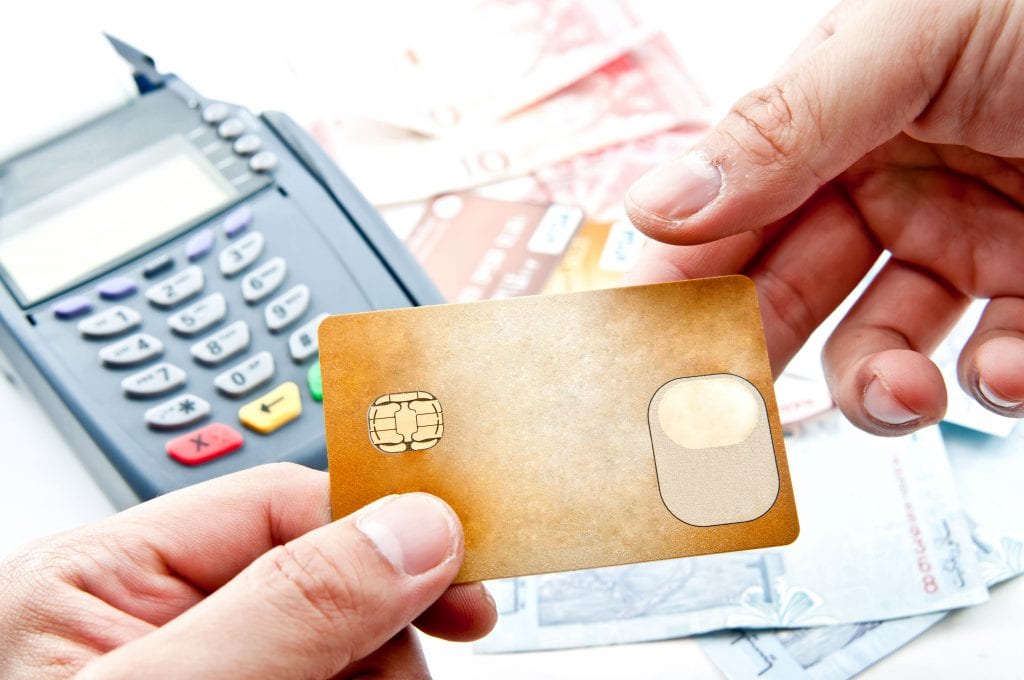The State of Georgia has launched a pilot program to give debit cards for refunds to taxpayers who do not have bank accounts. The move is supposed to save consumers and the states money, but the true benefits remain to be seen. Georgia’s Department of Revenue will send cards to a select group of taxpayers who chose a paper check in 2010. Those who already receive their refunds electronically will continue to do so.
A number of questions remain around whether or not this kind of program, which has been offered on the national level, will be effective on the state level. The main one is whether there is enough volume to justify the move.
According to an FDIC survey, about 9 million households, or about 1 in 12 people, do not have bank accounts. Banks shut out poor customers with policies like minimum account balances, and some customers cannot afford the overdraft charges and other fees. Taxpayers must pay a fee to receive a paper check and, without a bank account, another fee to cash it.
Hopefully, the debit card users will enjoy more privacy, safety and a quicker experience. Plus, the process is relatively simple. No major transition is required as the procedure is identical to paper refund checks. And debit card holders can take out the money for free from some ATMs and can use the cards for purchases.
Looking at the numbers cited in the blog, assuming an equal distribution of the unbanked around the country (which could be a dangerous assumption), there are only about 180,000 unbanked consumers in Georgia –which is generally below the threshold of profitable volume for a prepaid program. Additionally, if the cards are used for a one-time load, emptied, and thrown away, the cost of a plastic card will be higher than a paper check.
Georgia eliminated paper checks for child support in July 2004. Presumably, the state had some measure of success with this as it is now exploring this option.
Click here to read the story and the press release.
